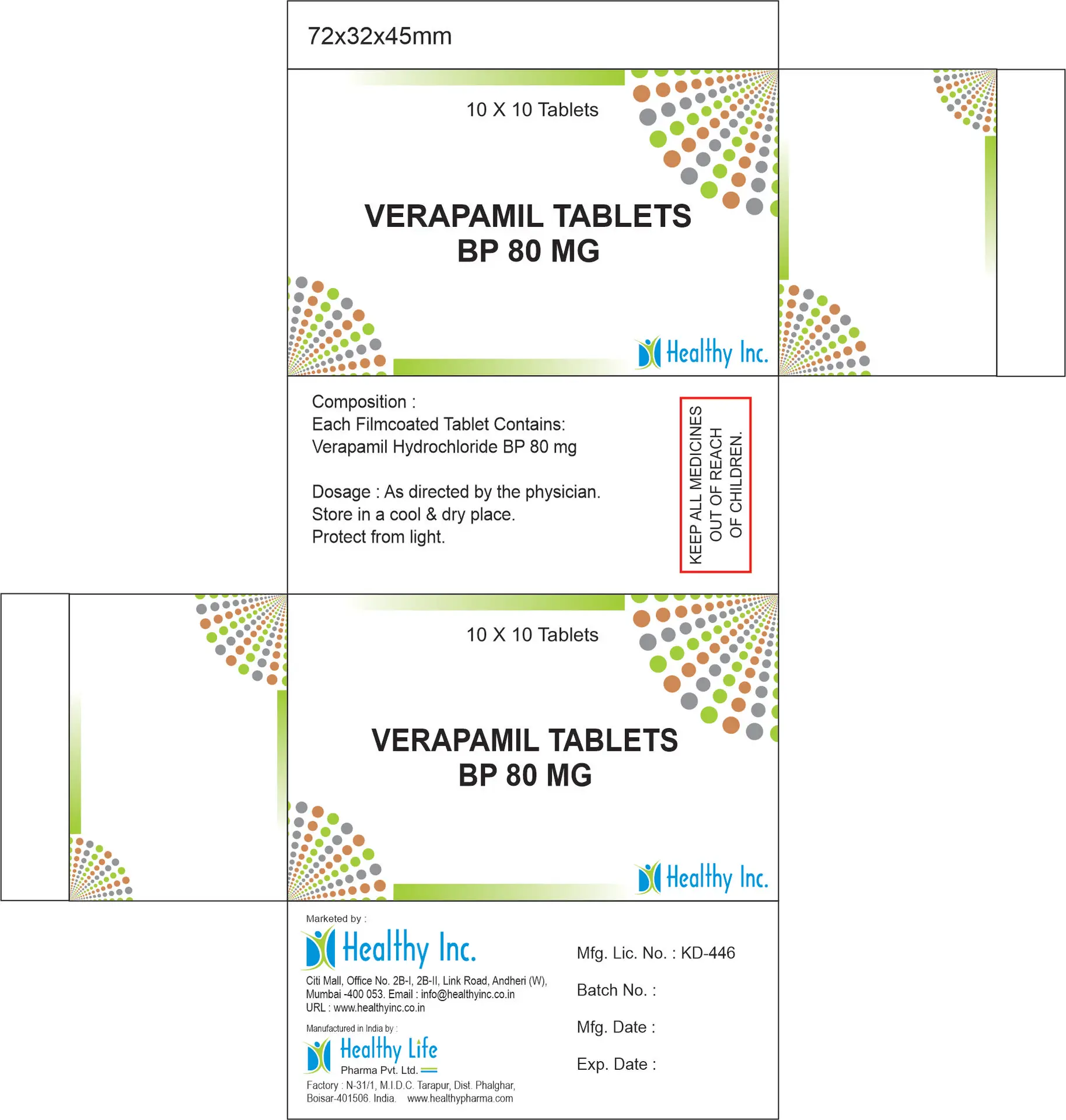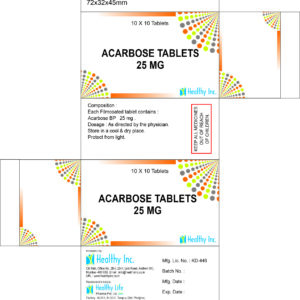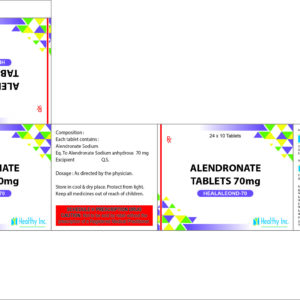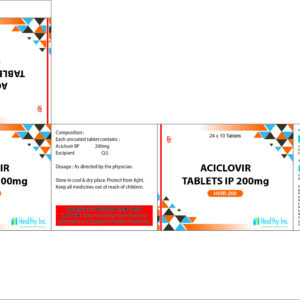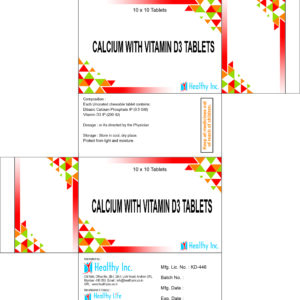Description
Verapamil Tablets (40mg / 80mg / 240mg SR)
Manufactured by Healthy Life Pharma Pvt. Ltd. | Exported by Healthy Inc
1. Product Introduction Healthy Life Pharma Pvt. Ltd. is a premier manufacturer of Verapamil Tablets in India. This calcium channel blocker is a critical medication for heart rhythm control and blood pressure. We produce both Immediate Release and Sustained Release (SR) formulations. Our facility adheres to strict WHO-GMP standards. Therefore, we guarantee precise release profiles. Healthy Inc manages our global exports and government tenders.
2. Product Specifications | Parameter | Specification | | :— | :— | | Product Name | Verapamil Tablets | | Generic Name | Verapamil Hydrochloride USP / BP / IP | | Strength | 40mg / 80mg (Immediate Release) | | Strength (SR) | 120mg / 240mg (Sustained Release) | | Dosage Form | Film Coated Tablet / Extended Release Tablet | | Standard | USP / BP / IP Compliant | | Therapeutic Class | Calcium Channel Blocker / Antiarrhythmic | | Shelf Life | 36 Months | | Packaging | 10×10 Blister / 10×14 Strip / Bulk Jar |
3. Manufacturing Verapamil Tablets We divide our operations to ensure specialized focus.
The Manufacturer: Healthy Life Pharma Pvt. Ltd. First, Healthy Life Pharma handles manufacturing. We operate a WHO-GMP certified plant in Mumbai. For our Verapamil SR Tablets, we use advanced hydrophilic matrix technology. This ensures the drug releases slowly over 24 hours. For standard tablets, we use high-quality film coating. Verapamil has an intensely bitter taste and is sensitive to light. Our coating masks the taste and provides photostability.
The Exporter: Healthy Inc Second, Healthy Inc manages international trade. This division handles logistics for Verapamil Tablets. We supply cardiac medications to Southeast Asia, Africa, and LATAM. Thus, we ensure our packaging meets diverse regulatory requirements. We handle all shipping documentation efficiently.
4. Quality Assurance We test every batch rigorously.
Assay Verification: We use HPLC testing. This confirms the Verapamil HCl content is accurate.
Dissolution (SR): For SR tablets, we perform multi-point dissolution testing (e.g., at 1hr, 4hr, 8hr, 24hr). This proves the “Sustained Release” mechanism works correctly.
Impurity Profiling: We check for related substances to ensure long-term safety.
5. Why Use Verapamil Tablets? This drug is unique among calcium channel blockers.
Mechanism: It relaxes the muscles of the heart and blood vessels. Uniquely, it also slows down the electrical conduction in the heart (AV node).
Effect: It lowers blood pressure, relieves angina pain, and controls rapid heartbeats.
Key Indications:
Management of Hypertension (High Blood Pressure).
Treatment of Chronic Stable Angina.
Control of Supraventricular Tachyarrhythmias (Rapid Heart Rate).
6. Export and Regulatory Support We provide complete documentation for registration.
Dossier: We offer CTD and ACTD formats.
Certificates: We supply the Free Sale Certificate (FSC) and COPP.
Logistics: We ship via FOB Mumbai or CIF.
7. Frequently Asked Questions
Q: Who manufactures Verapamil Tablets? A: Healthy Life Pharma Pvt. Ltd. manufactures them in India.
Q: Do you make Sustained Release (SR) tablets? A: Yes, we manufacture Verapamil 240mg SR tablets using matrix technology.
Q: Are the tablets coated? A: Yes, all our tablets are film-coated to mask the bitter taste and protect from light.
CLINICAL PHARMACOLOGY & SAFETY INFORMATION (For Registered Medical Practitioners & Patient Reference)
8. Dosage and Administration
Immediate Release: Usually 40mg to 80mg taken 3 times daily.
Sustained Release (SR): Usually 120mg to 240mg taken once daily.
Administration: Swallow whole with water. Do not crush or chew SR tablets, as this destroys the slow-release mechanism.
9. Side Effects and Precautions
Common Side Effects: Constipation is the most common side effect. Dizziness or nausea may also occur.
Cardiac Warning: Can cause bradycardia (slow heart rate). Monitor pulse regularly.
Contraindications: Not for patients with severe heart failure, hypotension, or heart block.
10. Storage Instructions
Store below 25°C in a dry place.
Light Sensitive: Keep in the original light-resistant container.
Keep out of reach of children.




